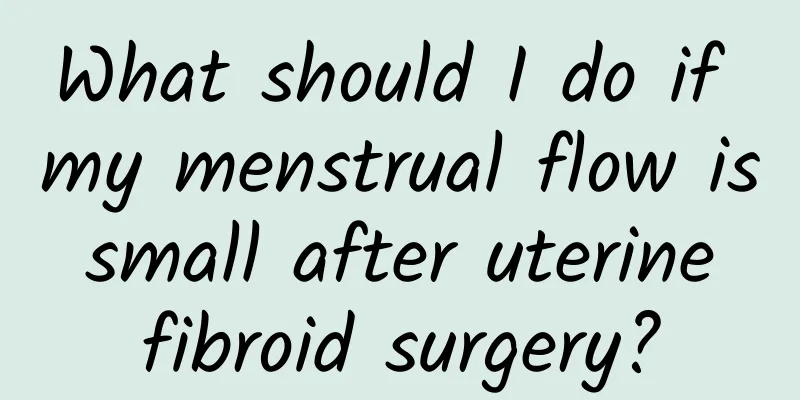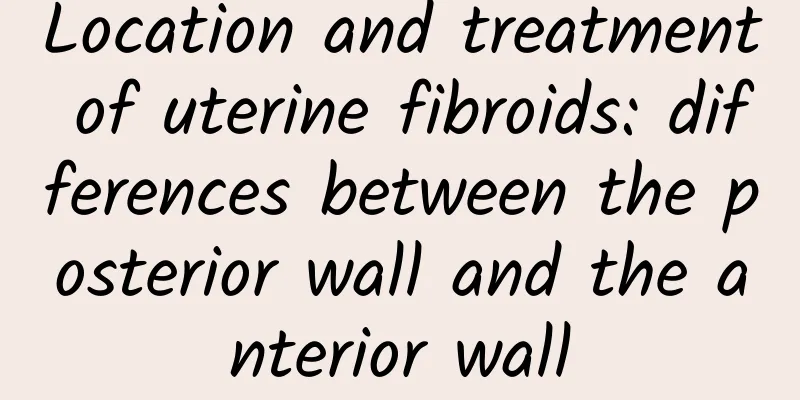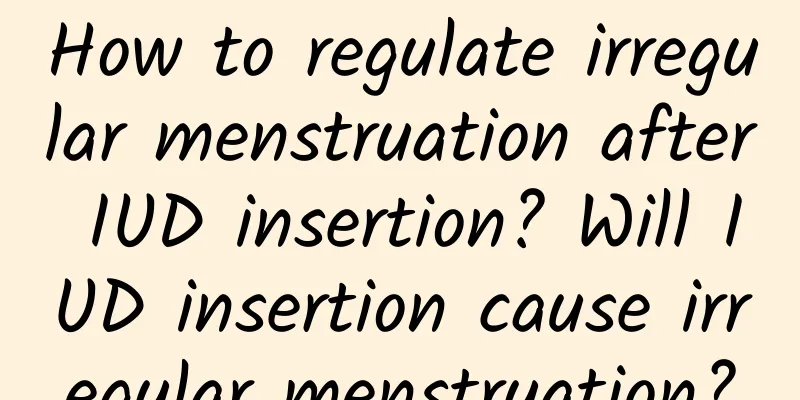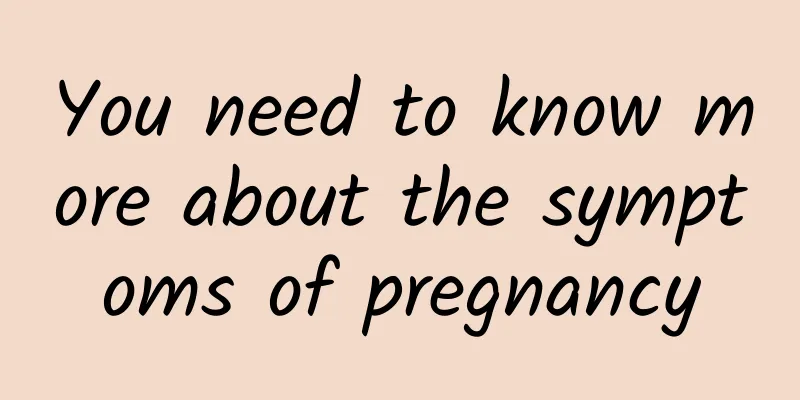What should I do if my menstrual flow is small after uterine fibroid surgery?

|
Patient: I am 46 years old and have multiple uterine fibroids. In recent years, my menstrual flow has been very light. In November 2011, I had a myomectomy (open abdomen) to remove the largest tumor of about 10 cm, as well as more than 10 small fibroids. After the operation, the menstrual flow was normal for 4 months, and these two months the menstrual flow suddenly decreased (only pads, two days), but the cycle is normal. What is the reason? , No Zhang Yingchun, Department of Reproductive Medicine, Jinan Central Hospital: Because of age, because women's ovarian function begins to decline after the age of 40, estrogen levels decrease, and the state of the endometrium is not as good as before, so the menstruation is less, further development, ovulation abnormalities, there will be delayed menstruation, long-term or continuous menstruation, generally more than 12 consecutive months of amenorrhea, basically amenorrhea, this is the characteristic of menopause, it is the physiological process of every woman. It should be reminded that timely prevention and control of the occurrence of perimenopausal syndrome can ensure the health of the perimenopausal period, prevent the discomfort caused by a sudden decline in the quality of life and health, and prevent various geriatric diseases. Patient: Director Zhang, thank you for your reply. Does scanty menstruation have nothing to do with myomectomy? If it suddenly decreases, could it be endometrial adhesion? Zhang Yingchun, Department of Reproductive Medicine, Jinan Central Hospital: If the fibroids penetrate the myometrium and reach the uterine cavity during excavation, it may affect the size of part of the uterine cavity after suturing, but generally no adhesions will occur due to surgery. Because the endometrium is like a lubricant, protecting the uterine cavity from adhesion, regenerating and peeling once a month, it is well protected. The sutures on the uterus are absorbable and will be absorbed 1-2 months after surgery, and will not remain on the uterus and cause adhesions. If you have no other discomfort, it is recommended not to worry too much about this problem and recover for a while. If you are really worried, hysteroscopy is also a good choice. |
<<: How to perform surgery for uterine fibroids? Postoperative care measures for uterine fibroids
>>: Can I get pregnant after uterine fibroid surgery? Will uterine fibroids recur?
Recommend
Get rid of the yo-yo effect and use the Mediterranean diet to help you lose weight
"Quickly lose more than ten kilograms of fat...
Causes of uterine fibroids How to prevent uterine fibroids
Uterine fibroids refer to uterine leiomyoma, whic...
Can’t quit snacking? Try starting with sealed bag packaging!
Sometimes we want to eat snacks not because we ar...
Uterine fibroids can also cause a mass in the lower abdomen.
Uterine fibroids can also cause a mass in the low...
What are the dangers of severe cervical erosion?
Cervical erosion can be divided into three catego...
What to do for Bartholinitis
The vestibular glands are located on both sides o...
Several important points to note for painless abortion
Painless abortion is a surgery that many women ch...
How to prevent amenorrhea in women
Every woman hopes to postpone her menopause becau...
What does primary premature ovarian failure mean?
What does primary premature ovarian failure mean?...
Can hyperprolactinemia be completely cured?
Hyperprolactinemia is a type of female disease th...
How to soak your feet to treat pelvic inflammatory disease
Pelvic inflammatory disease can be clinically div...
How does vulvar leukoplakia occur?
The disease of vulvar leukoplakia makes women fro...
Expert introduction: What are the main precautions for dysmenorrhea
What are the main precautions for dysmenorrhea? ?...
Jeon Hyo-sung only eats one meal a day to say goodbye to her golden legs
When Jeon Hyo-sung, a member of the South Korean ...
Causes of congenital absence of vagina
Congenital absence of vagina is not a very common...









